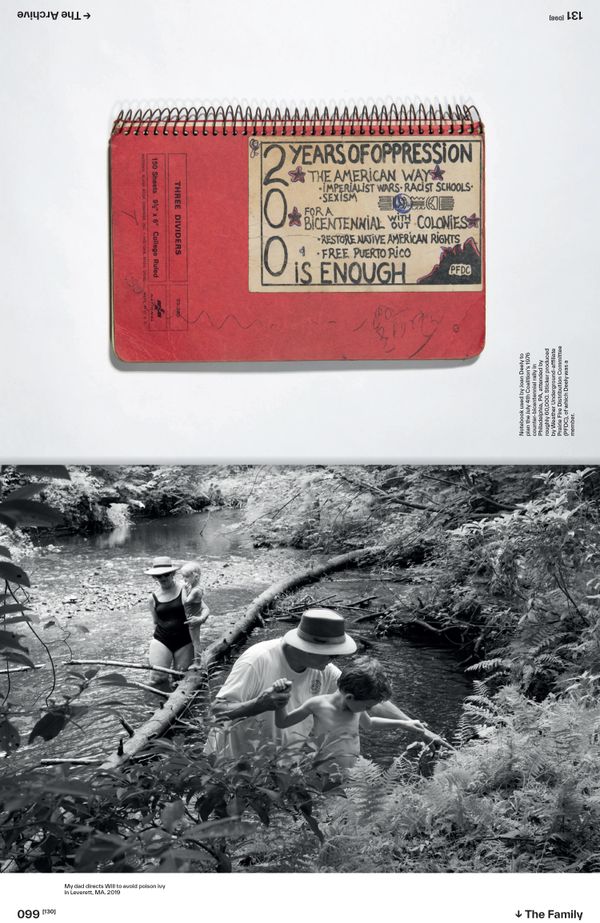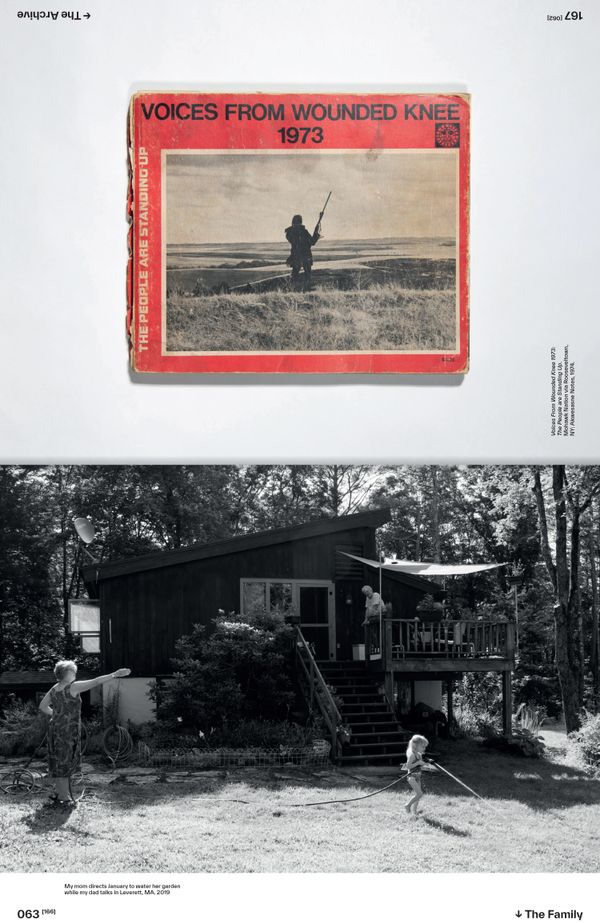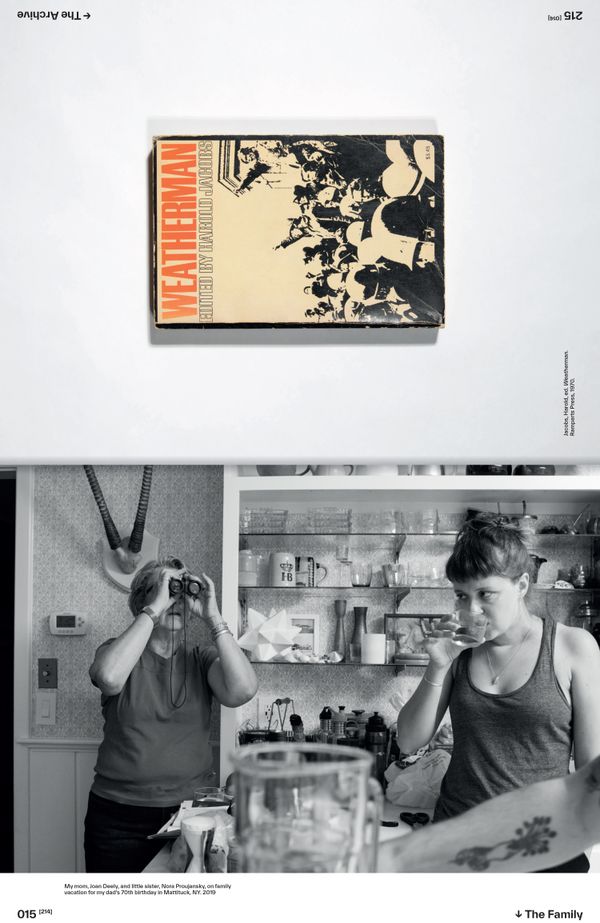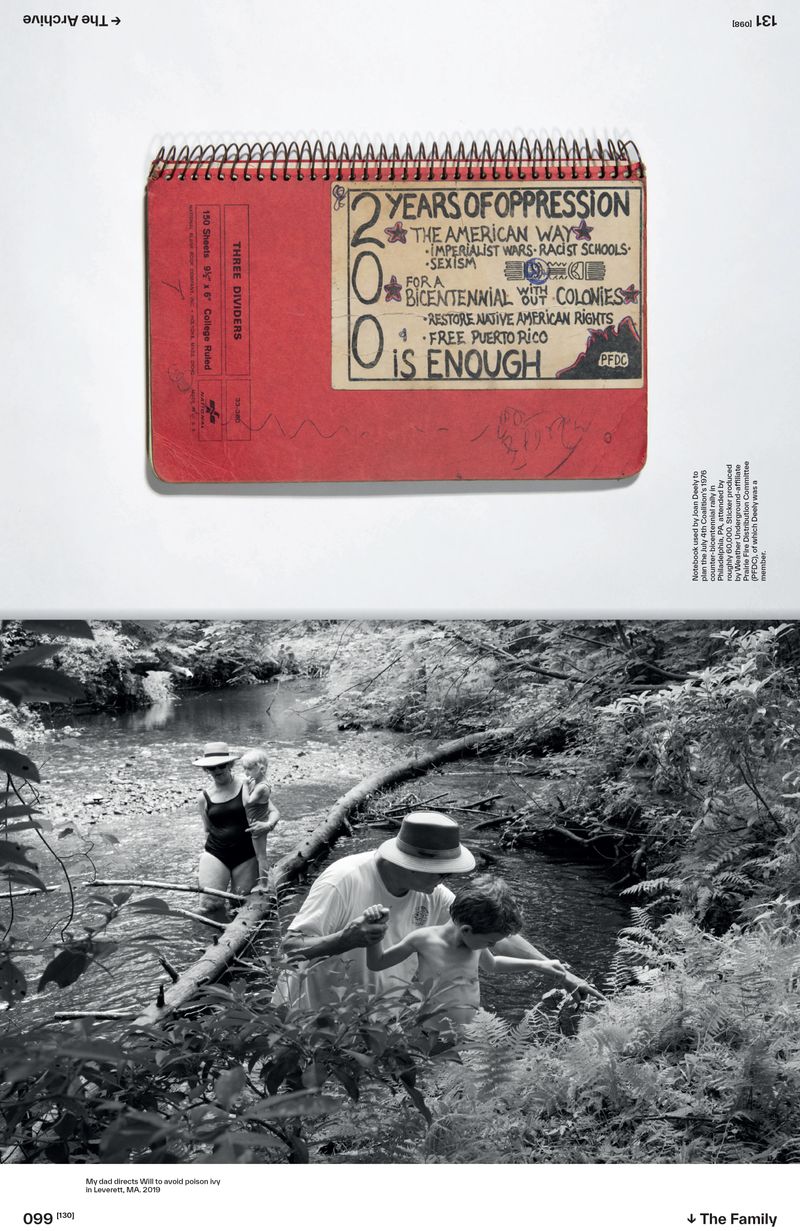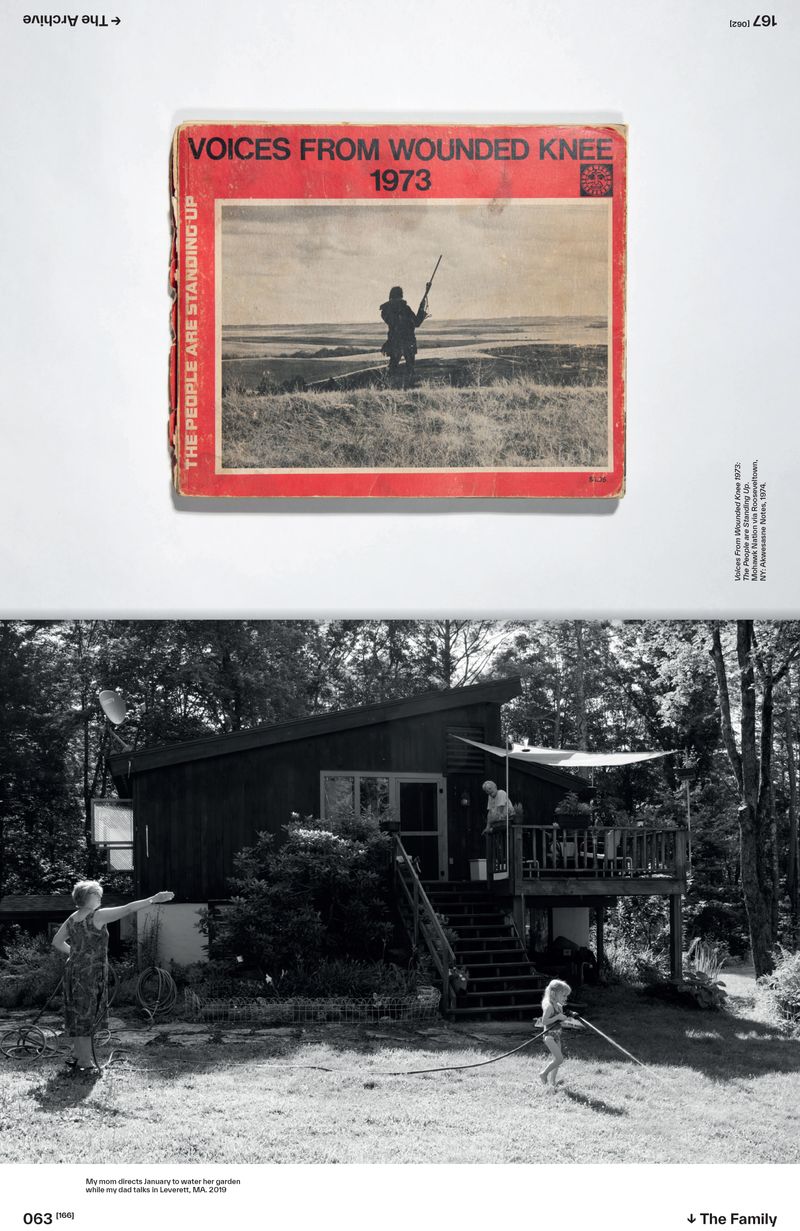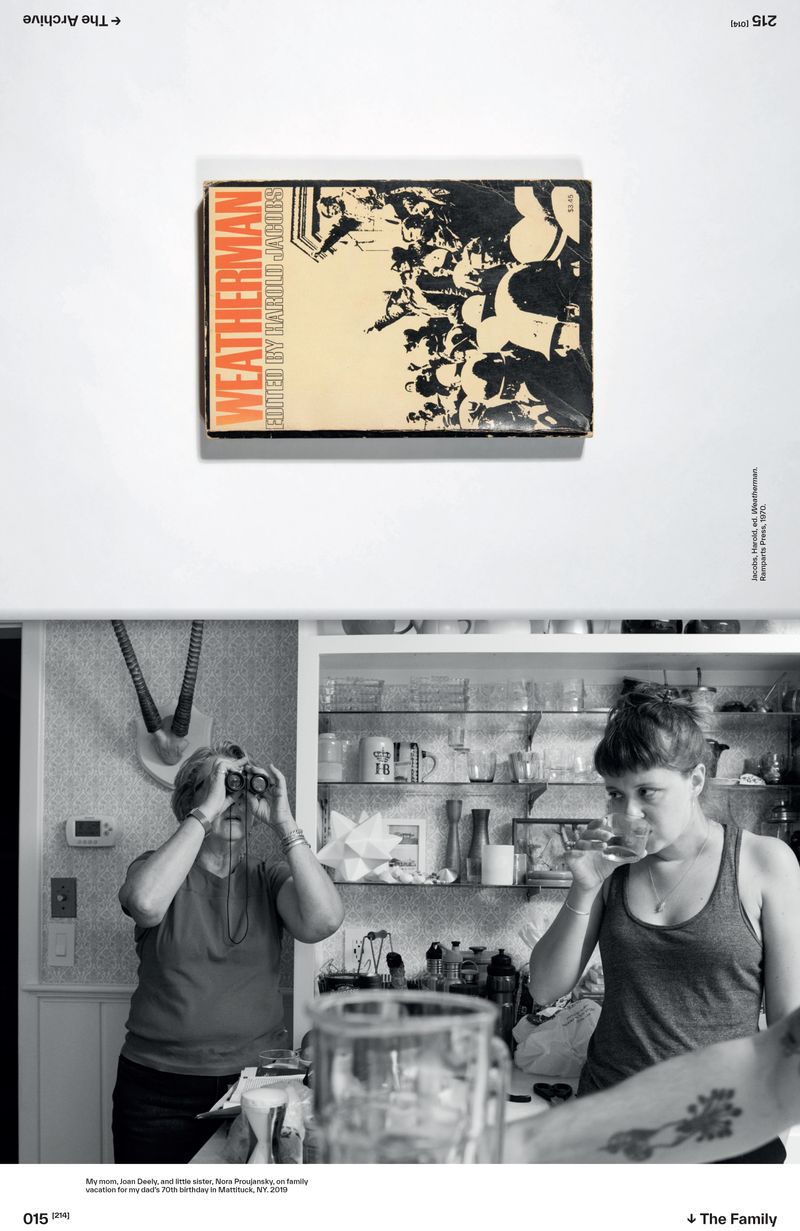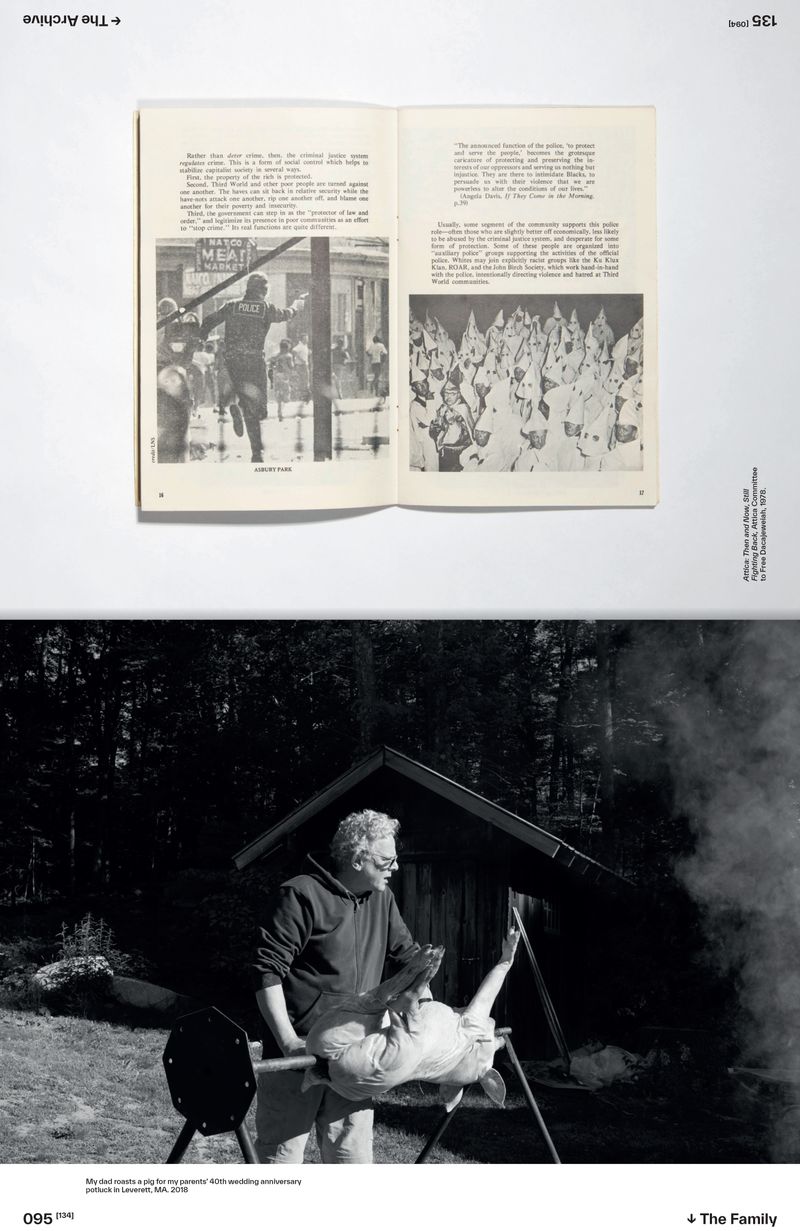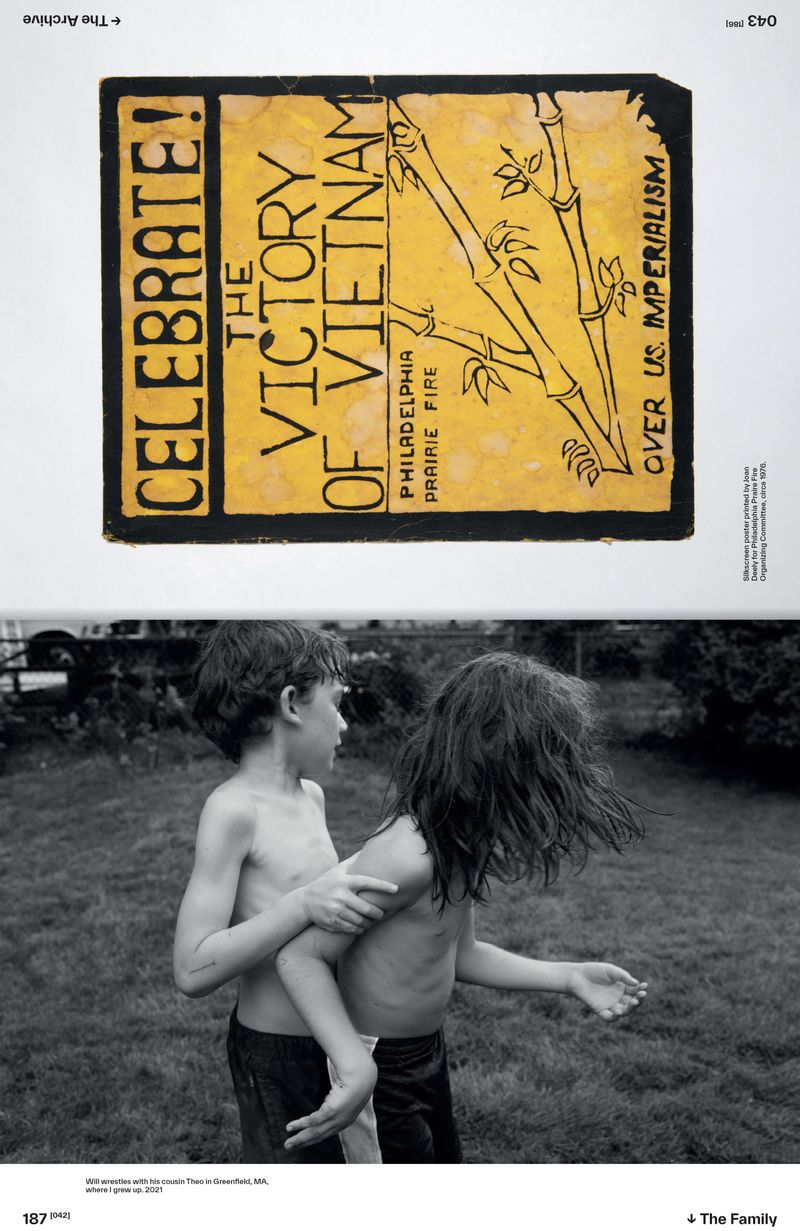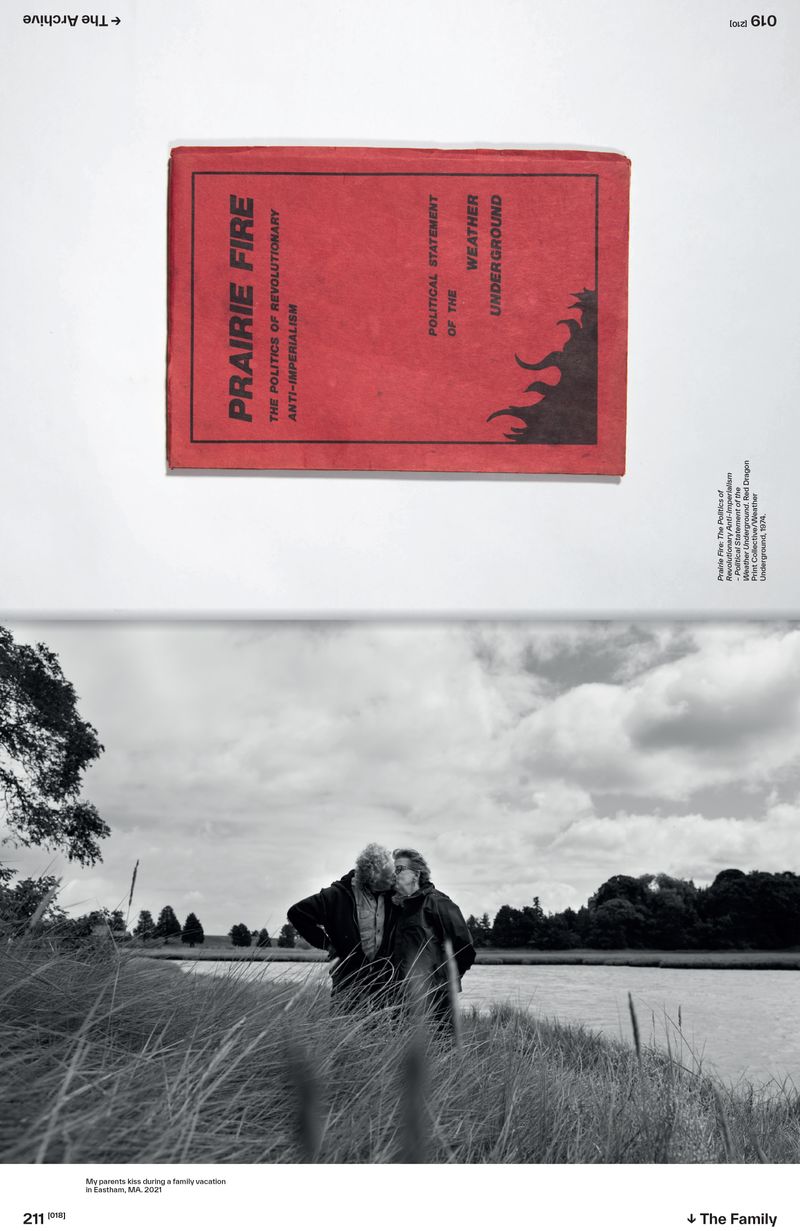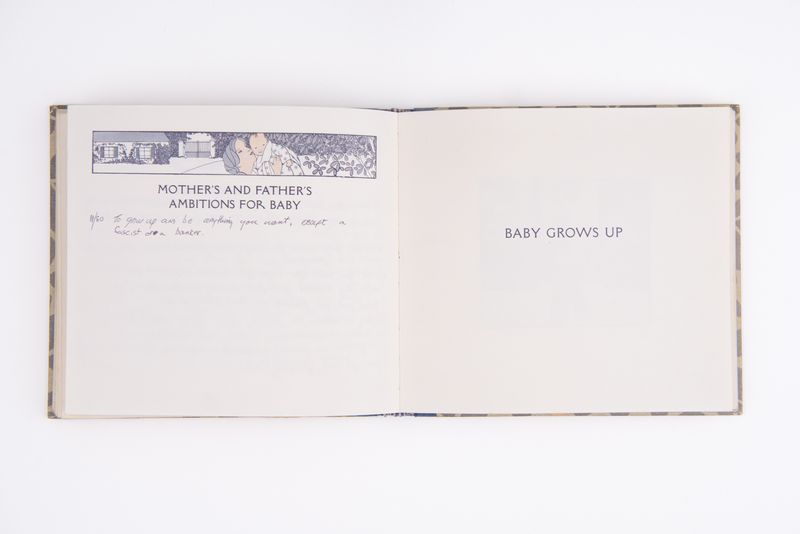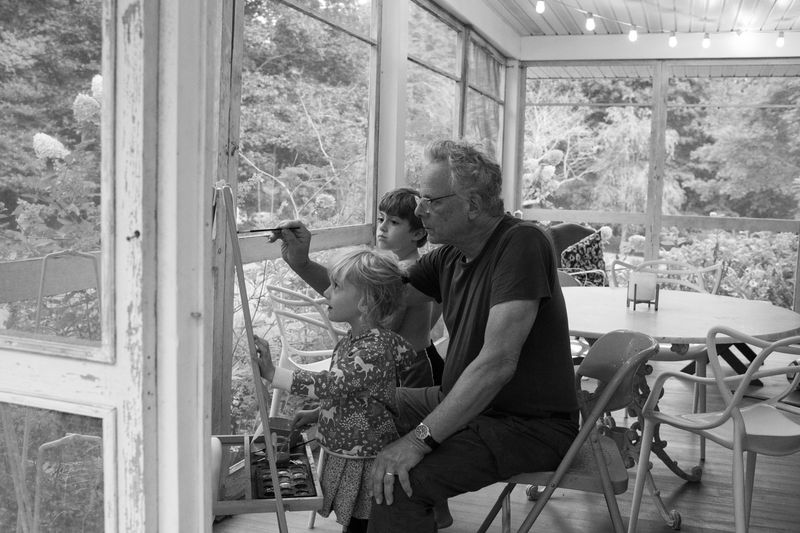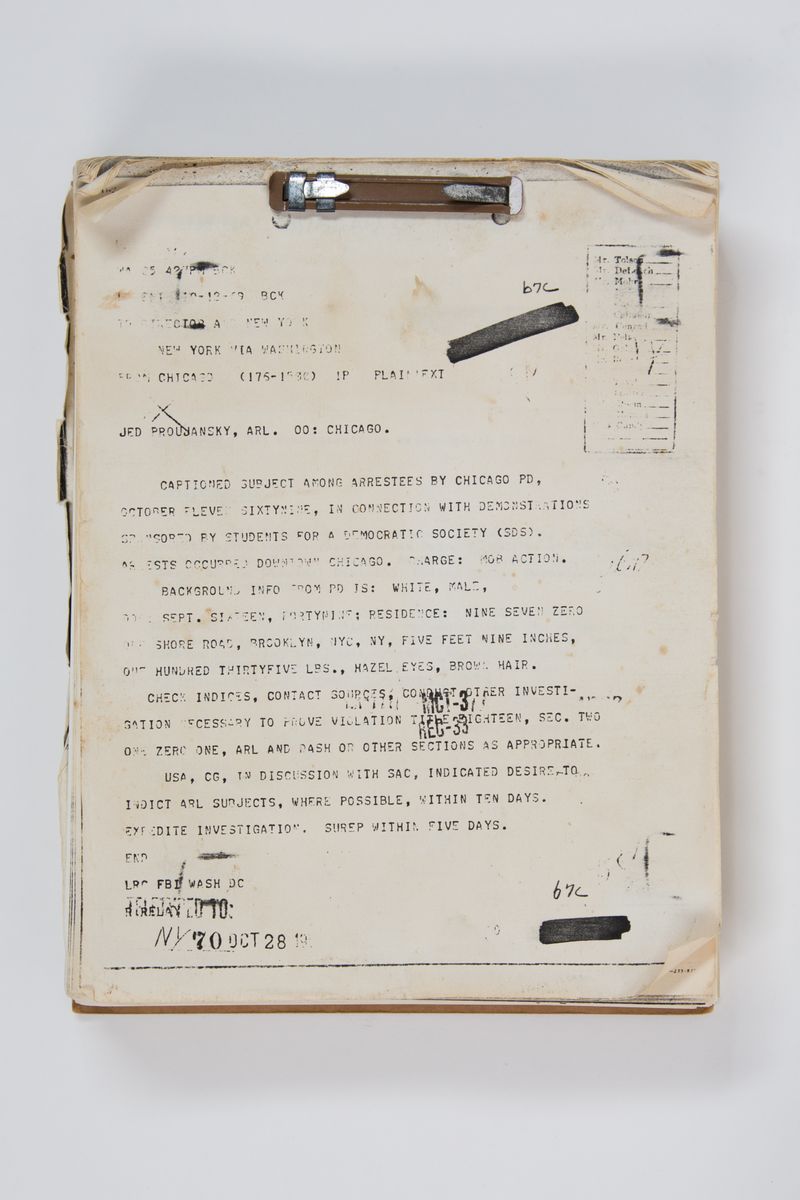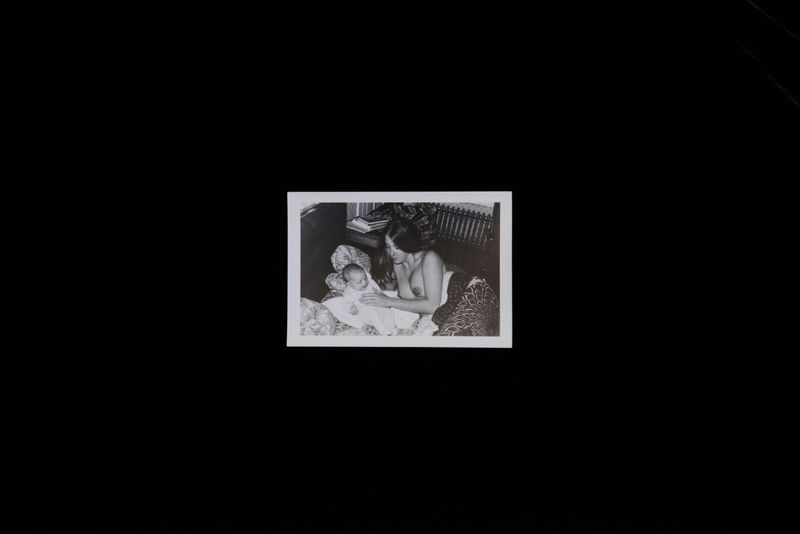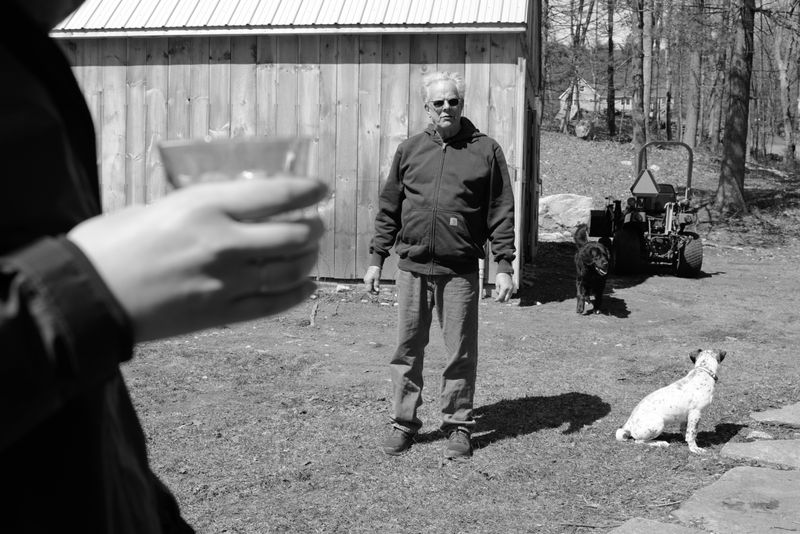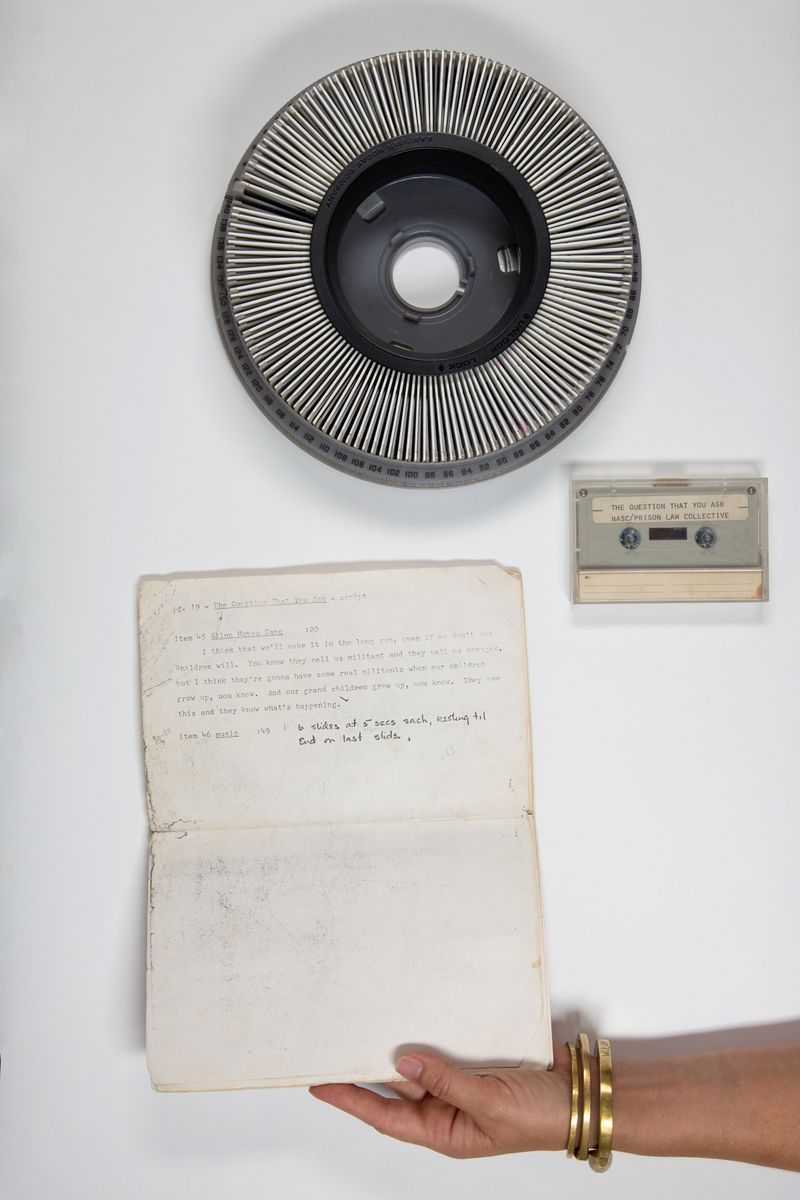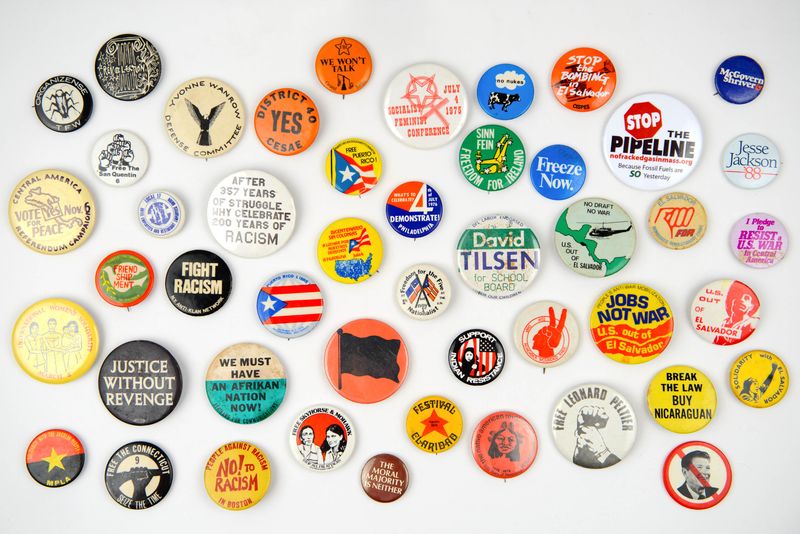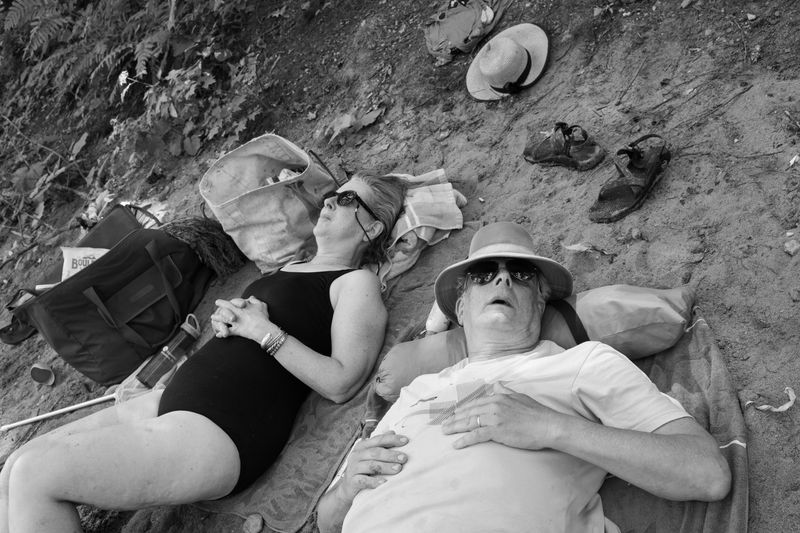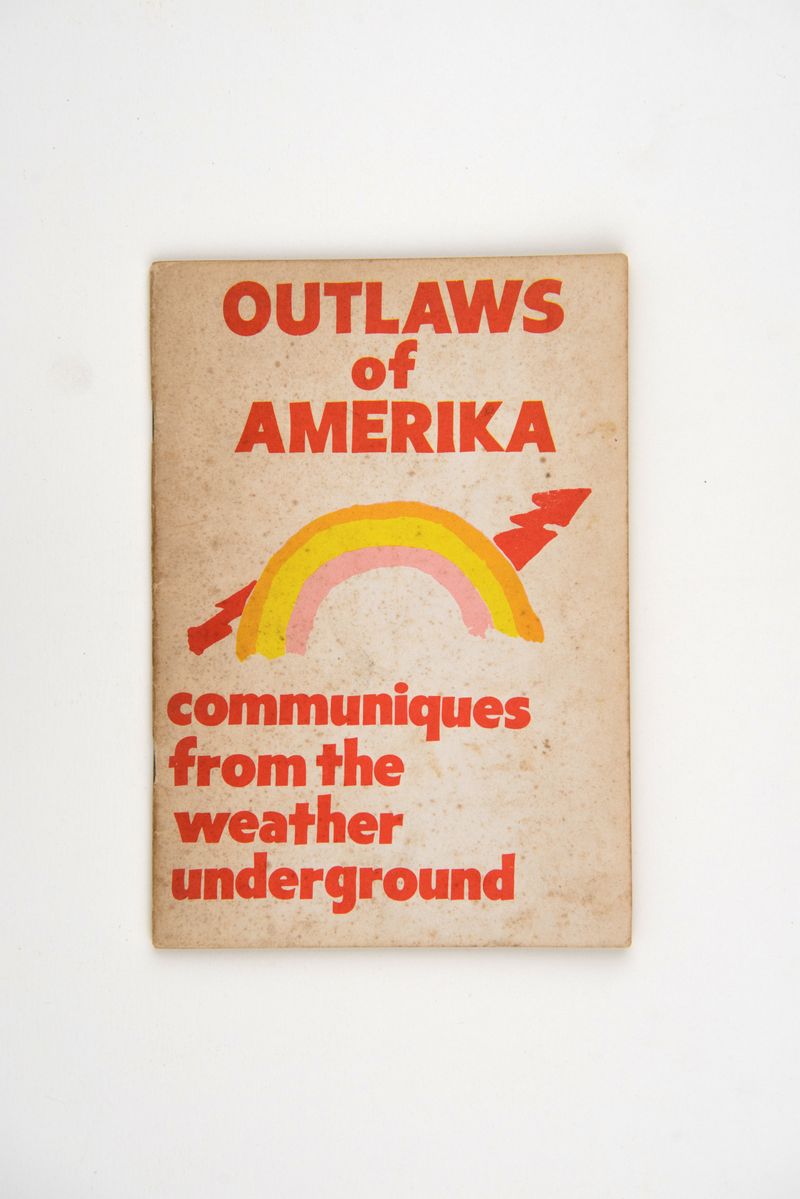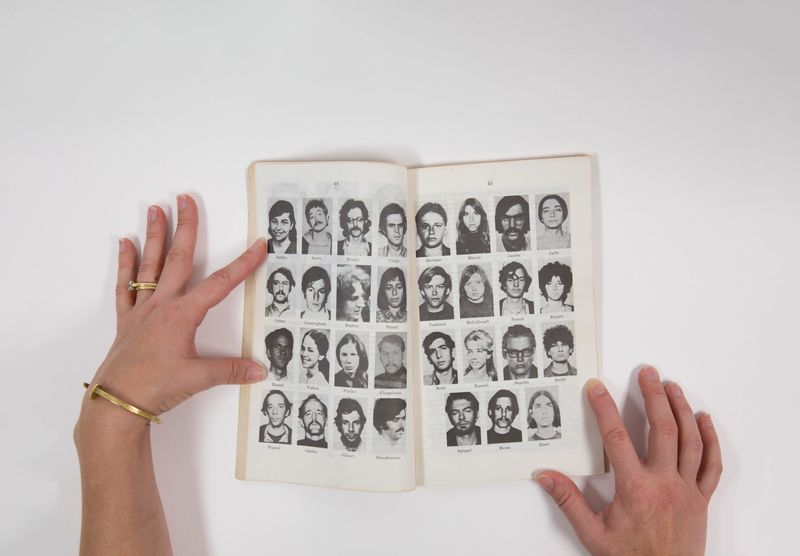Hard Times are Fighting Times
-
Dates2018 - 2023
-
Author
- Location United States, United States
Hard Times are Fighting Times uses archival practice and documentary images to describe the legacy of my parents’ participation in radical leftist groups that sought to overthrow imperialist capitalism through organizing and revolution.
Most families don’t have their parents’ FBI files in dusty boxes. Mine does.
Hard Times are Fighting Times (Gnomic Book, 2023) describes the legacy of my parents’ participation in radical leftist groups that sought to overthrow imperialist capitalism through organizing and revolution. My photographs of their ephemera, surveillance records, snapshots and current lives describe their activism, and subsequent turn toward family life, from an intimate distance. The book can be read in two orientations, emphasizing either the family or the archival perspective.
My parents fell in love while planning a 60,000-person demonstration in 1976 (their friends joked it would never last: my mom was a Marxist, my dad an anarcho-communist). The story of their activism is the story of me.
These radicals believed that another world was possible, that together they could forge a more just future for humanity. Their utopian dreams of Marxist-Leninism, feminist rigor and fairness are deeply compelling–but intensely rigid.
Weatherman bombed the Capitol, Pentagon, State Department and New York Police Headquarters. They issued communiques and rioted to bring down the US government. The FBI focused intensely on this group of mostly white college students, tapping phones, surveilling members and attempting to infiltrate the organization.
These activists expected to raise radical children, too. “Each according to their need; each according to their ability,” my mom wrote beautifully, cut into a ribbon shape, and taped above our pantry door. Adapted to be non-sexist, Marx’s words were to resolve family arguments.
Mainstream histories of the New Left focus on curdled utopianism, charismatic individuals, flower children gone druggy and dark. But my family archive offers a fuller understanding. Violent dogma plays a part, but so does a beautiful dream of shared labor, equity and justice. Personal items show rigid expectations, but also love, loyalty and humor.
This heritage inspires and moves me, but it can be doctrinaire and oppressive, with enormous pressure to hew to the party line. Our family unit was its own political movement, nation-state, culture and system of belief.
Raised to be vigilant and emotionally astute, I became a photographer. Here, I put this watching to use: to comment on my upbringing, to retain and replicate what has been good and right in my family.
How can I live up to these expectations? Do I want to? Which parts of these perspectives will I keep, and what will I discard?
